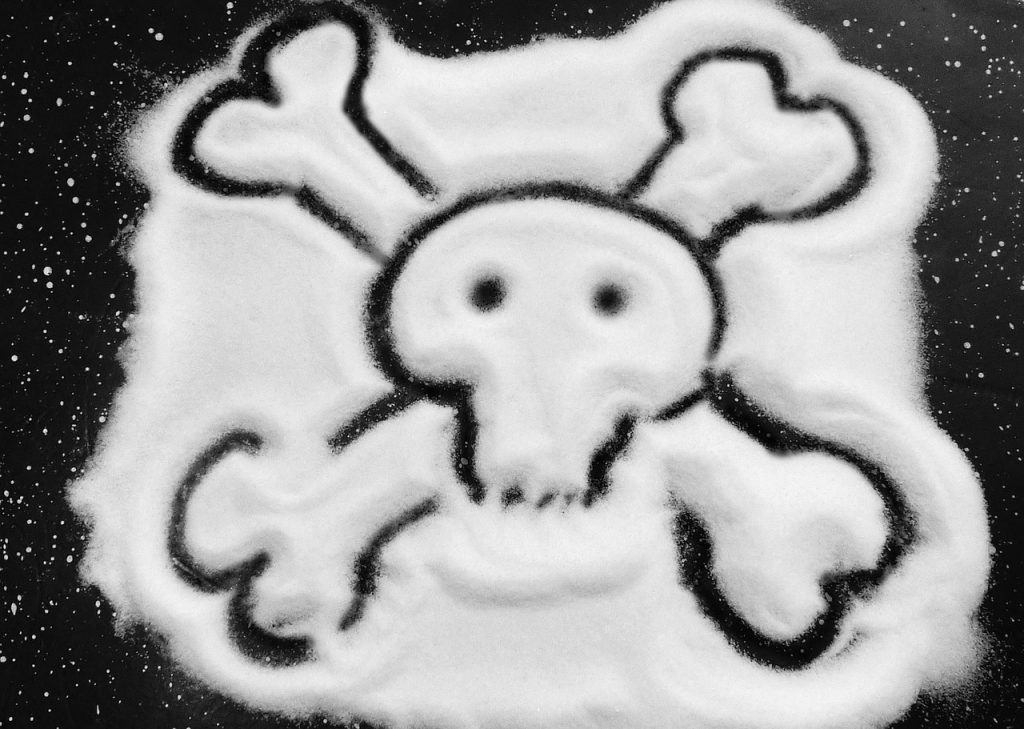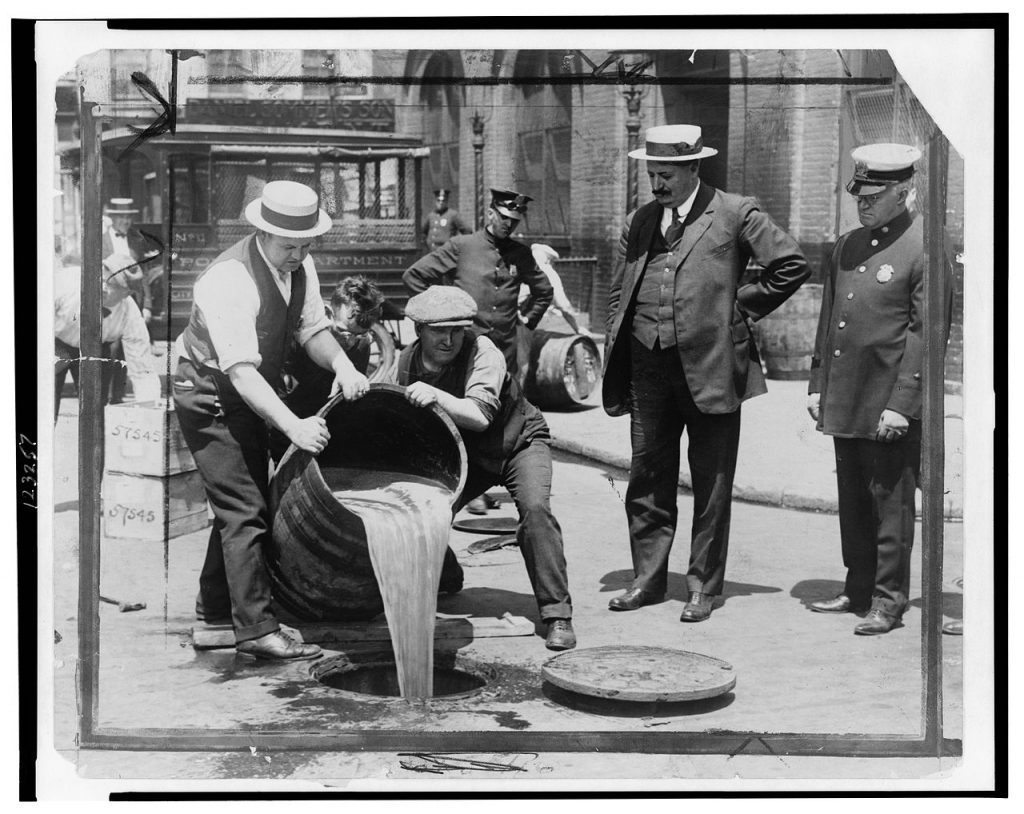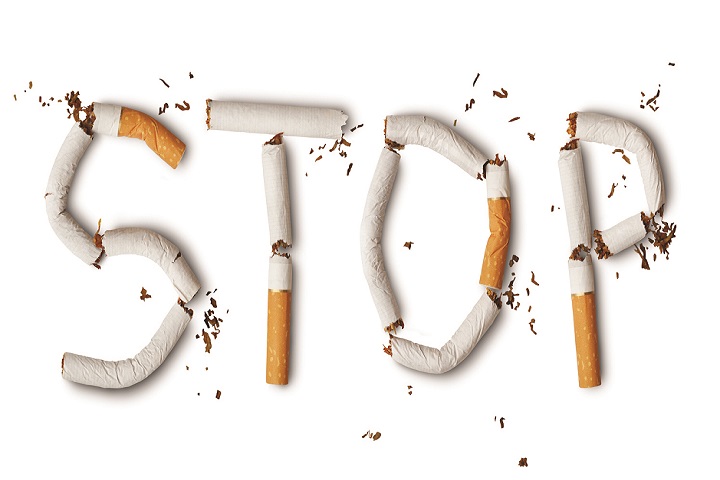Units 10 & 11 Horizon Business Village
1 Brooklands Road, Weybridge, Surrey. KT13 0TJ.8am - 6pm Weekdays
8am - 1pm SaturdaysHigh blood pressure: Lifestyle changes

High blood pressure: Lifestyle changes
High blood pressure is a lifestyle condition
You might be surprised to learn that there is no underlying disease process causing high blood pressure in the vast majority of people. High blood pressure is mostly due to lifestyle factors and this is why doctors call it Essential Hypertension.
Some people also have a family history of high blood pressure and this might increase their susceptibility. At the same time, and contrary to popular belief, our DNA is not our destiny. We inherit not only our parents’ genes, but also their way of living and eating. Lifestyle factors, especially what we eat, have a strong effect on how our genes behave. If you have inherited ‘bad’ genes then it just means that you may have to make bigger changes in your lifestyle.
Medication is the treatment for high blood pressure, but it does not treat the underlying condition. It just treats the symptoms; the high blood pressure. That is why medication needs to be taken life-long to be effective.
If high blood pressure is caused by lifestyle choices, then it makes sense that the solution is to make changes to that lifestyle.
In essence:
Cause = lifestyle choices
Cure = lifestyle change

The DASH diet
DASH stands for Dietary Approaches to Stop Hypertension.
The DASH diet became popular after a number of studies showed that dietary changes can improve people’s blood pressure. The studies were based on the observation that vegetarian communities have the lowest blood pressures of any dietary group. Several studies since then have shown this to be true; i.e. that vegetarian diets are best for blood pressure.
The DASH diet consists of:
– Eating fruit, vegetables and whole grains
– Including fat-free or low-fat dairy products, fish, poultry, beans, nuts, and vegetable oils
– Limiting foods that are high in saturated fat, such as fatty meats, full-fat dairy products, and tropical oils such as coconut, palm kernel, and palm oils
– Limiting sugar-sweetened beverages and sweets.
You can find out more written information about the DASH diet here.
Here is a great video which explains what this means in practical terms:

Lay off the salt
Most people know that excessive salt increases your blood pressure. But what is excessive? There are certain limits to salt intake that are advised such as in the DASH diet. However, I would guess that this is too difficult to calculate in real life, not to mention a huge hassle.
Most salt is found in processed foods and these are best avoided for many reasons. The general rule is that you can add a little salt when cooking your food but avoid adding extra at the table.

Exercise regularly
Exercise is medicine and has been proven to reduce blood pressure. Too often, though, the word exercise tends to put people off as they imagine sweaty, muscle-bound men in the gym. Perhaps a better way of putting it might be to become more active or move more.
You do not have to do a great amount of exercise to get benefit. Follow the FITT principles.
– Frequency: Try to be active at least 5 days per week.
– Intensity: Exercise at a ‘moderate’ level. This varies from person to person so try using the ‘talk test’. ‘Moderate’ exercise level means that you will be a little out of breath and will still be able to talk, but will find it difficult to hold a conversation. You can think of it as the pace you might walk if you are late for an appointment. ‘Moderate’ intensity is therefore the same as a brisk walk. If you are exercising too hard, then you will not be able to talk at all. This would be called ‘hard’ and not ‘moderate’ exercise, and is not necessary to get benefit.
– Time: Try and be moderately active for at least 30 minutes per day. This does not have to be all at one time and you can break this up into three 10 minute sessions. There is even an app from the NHS called Active 10 to help you. You do not need to do 10,000 steps as this is a misunderstanding based on a Japanese marketing strategy, and is not based on evidence. The equivalent distance to 10,000 steps is 5 miles for most people. This is difficult to do in a typical working day.
– Type: Aerobic exercise has been studies most in the management of blood pressure. The main principle is that you should use the large muscles in your legs. Examples include brisk walking, swimming, or cycling. If you get bored doing one thing, then try walking or cycling different routes. You can also do different exercises on different days.
Whatever exercise you choose to do, it would be best to do something that you find easy. Too often I have found people starting with long and intense workouts and then stopping completely as their enthusiasm wanes. Start small and do it life-long.

Reduce weight
Diet and exercise are often mentioned in the same breath when talking about weight loss. For some reason, people mainly think of exercise as the main way to reduce weight, and that includes many doctors. Perhaps that is due to all the fitness videos that are advertised in which fat celebrities become slim and toned. They are selling a lie. It is impossible to lose significant weight using exercise alone.
Healthy eating is responsible for 80% of weight loss with exercise contributing the other 20%. A combination of the two is best. Remember that you can out-eat any exercise.
Exercise is great for physical fitness, toning your body and burning calories. However, some people can actually gain weight initially as they gain muscle mass. Increased muscle mass results in a higher metabolic rate. That means you will be burning calories even when you are sedentary.
The most important part of weight loss is healthy eating. That means avoiding sugar and processed foods. This is common to all weight-loss diets. The main thing is to develop good lifelong eating habits.
What usually happens is that people lose weight by being good. They then gain the weight back when they return to the same way of eating that made them overweight in the first place. The best way to lose weight is to make small changes to your diet and make them permanent.

Reduce or stop alcohol
Alcohol increases blood pressure.
The maximum recommended weekly alcohol intake is 14 units for men and women. This limit was designed to reduce heart disease risk. However, there is no safe alcohol limit for cancer.
Alcohol is high in calories. As a rule, we should avoid drinking our calories in order to maintain a healthy weight.

Stop smoking
It should not come as a surprise that smoking causes high blood pressure. This is just one of the many ways in which it increases the risk of heart disease.
There is widespread awareness of the harmful effects of smoking and no need to go into details. It is sad that awareness itself is not enough to stop people from smoking.


